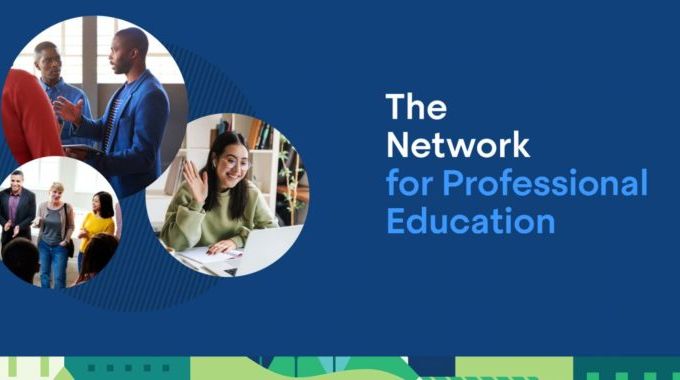As we step into the new academic year, I extend a warm welcome to each and every one of you. The Fall semester promises to be another exciting period of intellectual discovery, pedagogical innovation, and collaborative growth.
One pressing issue for many is the role of generative AI in education. AI technologies like GPT-4 have the potential to revolutionize the way we teach, learn, and engage with our material and with each other. But they also come with ethical, practical, and pedagogical concerns that need our attention.
Over the past several months, my staff and I have explored AI technologies in educational contexts and collaborated with other institutions to create and share ideas, syllabi, policies, and examples of guides and resources on the subject. As a result, we have curated a set of resources and programs that aim to increase our collective knowledge of generative AI in the context of teaching and learning. These include:
- Teaching with AI guides and resources on the DL&I and CTL websites.
- Our Generative AI in Education Fall Info Series. The first two sessions of the Info Series took place in August (recordings are available) and three more are scheduled during the Fall term.
- The new Future of Learning: AI Grant (FLAG) program from the Shipley Center.
- A self-paced online course on Teaching with AI and weekly Zoom course reflection sessions aiming to facilitate the sharing of insights and community building across our Schools and Colleges (available soon).
We invite you to participate in these programs and actively engage in discussions around the implications of AI technologies for our educational environment.
The burning issue of potential plagiarism via the use of AI tools is only the tip of the iceberg. AI will fundamentally change the way people work, and therefore the competencies we should develop in our students. AI tools will also change the way educators work; for example, by assisting and accelerating the production of new course materials, grading assignments, and offering our students personalized assistance in their course-related questions.
The Digital Learning & Innovation office is committed to working with you to navigate this complex landscape. Through consultations, trainings, and resources, we provide our expertise and knowledge to help you get up to speed with the capabilities and limitations of these new technologies, as well as create opportunities for sharing your experiences, insights, and questions with other faculty.
As always, my door (and certainly my email folder!) is open for feedback and ideas for navigating the landscape of generative AI in education together. Let's take this academic year as an opportunity to not just adapt but to innovate, making Boston University a paragon of digital-age education.
Best wishes for a fruitful semester ahead!
Sincerely,
Chris Dellarocas
Associate Provost for Digital Learning & Innovation
Shipley Professor of Information Systems
About the Author:
 Chris Dellarocas, Former Associate Provost for Digital Learning & Innovation and Richard C. Shipley Professor of Information Systems
Chris Dellarocas, Former Associate Provost for Digital Learning & Innovation and Richard C. Shipley Professor of Information Systems



